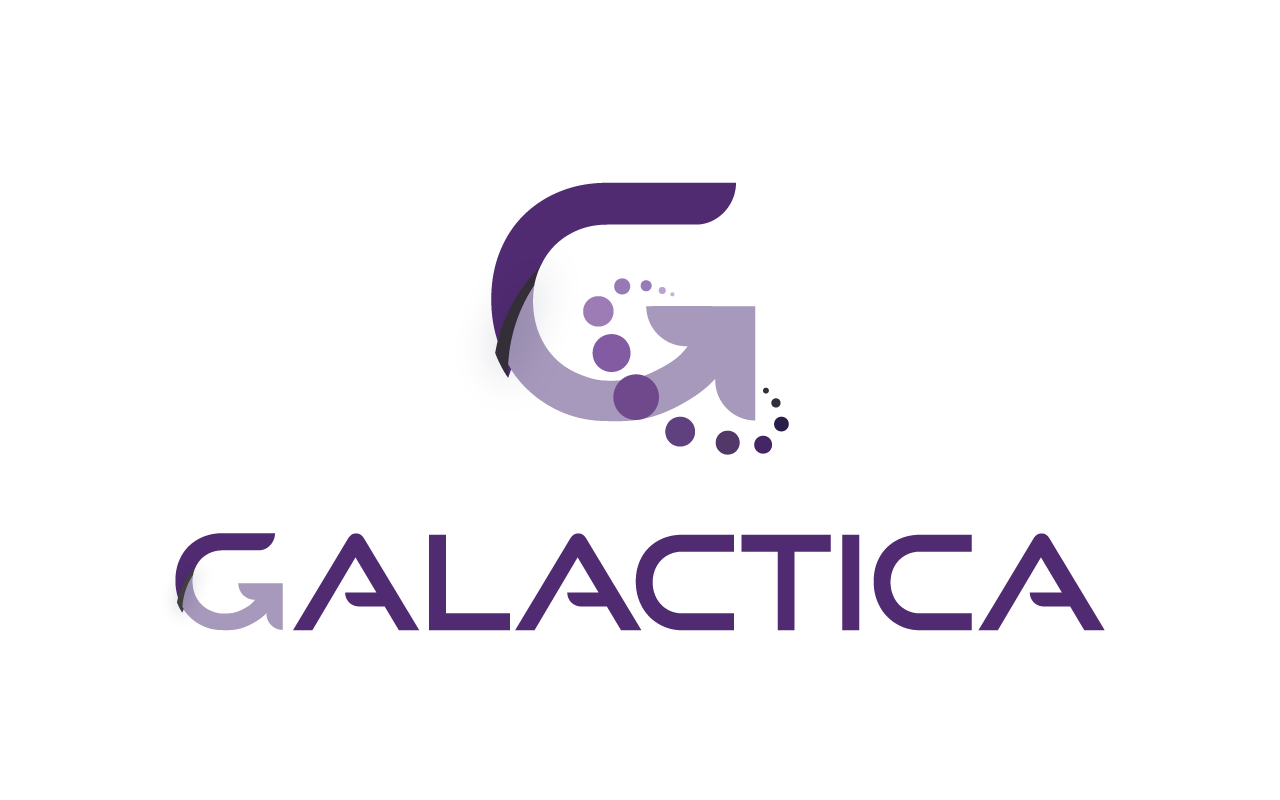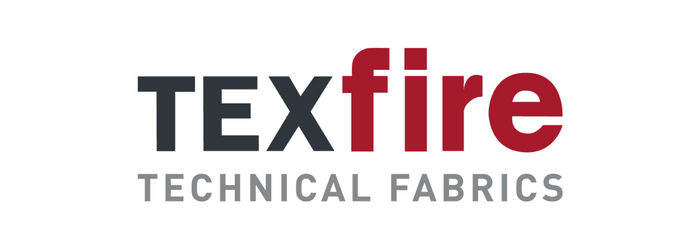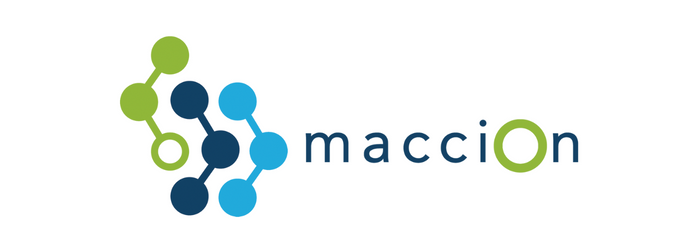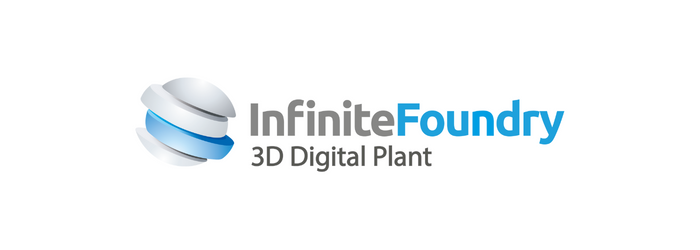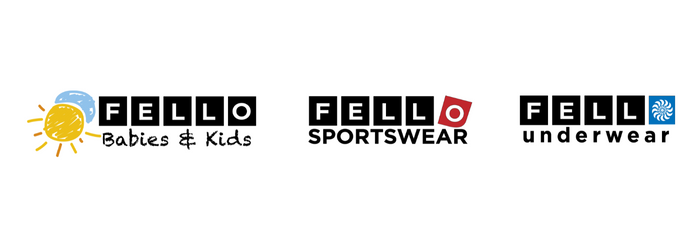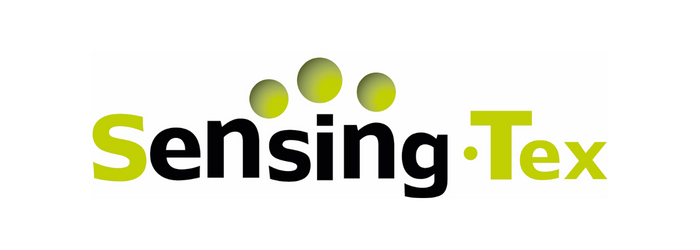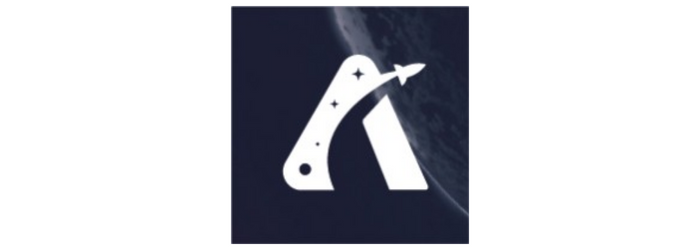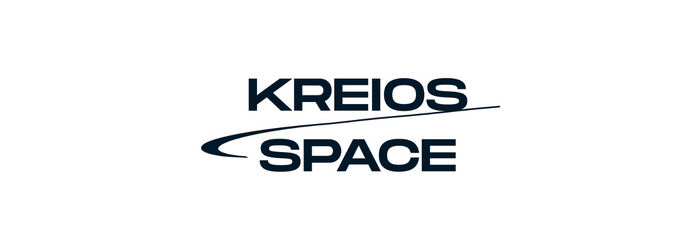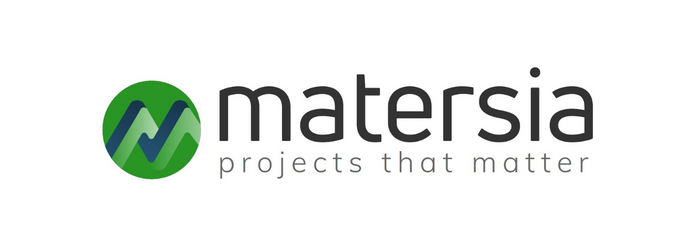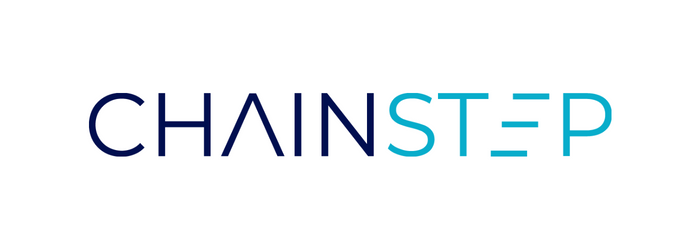PIONEER beneficiaries
rCF
Thanks to the knowledge in weaving technologies and subsequent processes, Texfire Textils Tècnics S.L (Texfire) has been able to take a step forward in sustainable solutions, developing the first high drapability fabric made with 100% recycled carbon fibers. Texfire has been working on this development for more than 2 years, and has achieved the fabric in a laboratory loom (TRL4). The current challenge is to scale up the production to a pilot plant, define consolidation parameters, study mechanical properties to introduce this innovation on the market getting up to TRL7 result, validating the product in a real environment.
The Pionner Acceleration Voucher aims to connect the advanced manufacturing of composites by combining with recycled textile, offering a sustainable solution in many sectors on composites world, but especially in the aeronautical sector where it is essential for the near future to start working with recycled and sustainable materials, replacing unsustainable raw materials.The designed fabric can be used, for all those applications where high mechanical properties are not required and you can opt for a more sustainable solution, such as the backs of the seats, the table, the armrests, the carts, the frames of the windows, and all the decorative elements of the airplanes.
With this fabric, we get the recycled fibers oriented in 0 and 90º. This orientation and the weaving pattern will probably improve the mechanical properties clearly differentiating from current recycled fiber solutions where the fibers are distributed randomly without any orientation. In addition our bidirectional fabric, maintains all the advantages of thermoplastic matrices; easy to store and transport at room temperature, with short time processes. The main property is that they can be repaired and recycled.
Finding commercial use of the recycled carbon fibers contributes to a common good, upcycling the waste and fostering the circular economy.
Final grant requested (Lead partner TEXFIRE TEXTILS TECNICS SL): €20,000.00
RFID-Shelving-Systems
Maccion is a Spanish leading company that develops highly customized hardware and software solutions for Industry 4.0, intended for smart manufacturing, increased product quality and end-to-end traceability through the whole supply chain. Our motto is: “Feel and manage the factory in real-time” as we develop and produce our own smart devices to sense and react fast in front of everything that may happen in your shop floor.
We are recently collaborating with a few textile companies in the Catalonia region, and in this Pioneer project we aim to develop a novel and sector-specific track and trace solution to improve inventory accuracy, reduce stockouts and improve product traceability at the warehouse of textile companies vs. conventionally used RFID or barcode technologies.
With the present project, Maccion aims to come up with a novel and disruptive approach lying on RFID tracking technologies that will reduce item-level inventories and lead times by 25%, leading to dramatic improves in the textile supply chain management. Maccion will develop an MVP that consists in developing a smart-shelving system based on tracking in real-time the location of items and goods in zones and locations. The solution should be enabled by the combination of the most advanced tracking technologies – RFID tags with geolocation (GPS) capabilities, RFID readers and antennas and a track and trace software module with AI to filter out mislabeled reads that can collect, interpret, and communicate data to a captor and that can be stored into the ERP already installed in the company. So far, we have tested our system at a lab scale reaching a TRL4. With this project we aim to assess the best suited RFID technologies, evolve our track and trace algorithms and integrate all the system into a first functional MVP at TRL6 (technology demonstrated in relevant environment – a selected textile company warehouse).
Final grant requested (Lead partner Maccion Lean Solutions SL): €20,000.00
ManualTwin
The aerospace industry has been using DT technology for years now. However, it has mostly been used to develop digital models of commercial aircraft in airports and air force jets to find ways on how to improve the machine and achieve optimal performance. IF intends to use the DT technology not for modelling the final aircraft but for the production management of aerospace suppliers and will combine with the self-learning technology to help them to increase the quality of their work, by reducing the number of losses.
In this project IF will develop and validate a full traceability software specialized in manual operations, so that it can detect immediately and automatically any deviation that indicates a high probability of quality defect. The goal is to help aerospace industry to achieve zero defect through this early detection system, where the worker will revise the part every time there is a high chance of quality defect before continuing with the manufacturing tasks. It will enable the aerospace industry to reduce by 50% its quality costs, increasing the reliability and competitiveness of its manufacturing process.
Final grant requested (Lead partner Infinite Foundry Lda): €20,000.00
SMART-TEXTILE-SORTING
Around 85% of the textile waste goes directly to landfill at the end of its use, with just around 15% being recycled, and only 1% being recycled into new clothes (upcycling).
Currently, efficient solutions for textile waste sorting and cleaning are missing in the textile value chain. Textile waste sorting is currently performed often manually. This is not technically nor economically viable yet as it faces, among other challenges, the difficulty of separating complex fiber blends (most post-consumer textile waste is composed by a mix of fibers), high costs due to the initial, labor-intensive manual sorting process, which lacks efficiency and poor price parity with virgin fabrics. As such, recycled content from post-consumer sources remains low, and higher-grade applications competitive with virgin fibers are not possible yet.
To address these needs, Triturats la Canya (a textile recycling company) comes up with novel approach that lies in the implementation of a semi-automated sorting solution -based Near-infrared Spectroscopy (NIR) or AI/computer vision – that will assist and maximize workers efficiency that will be 2x more productive (in number of pieces sorted per hour, based on color and composition), allowing to reach an impressive sorting accuracy of more than 95%.
We will evolve our technology to TRL6, with an MVP demonstrated in relevant environment that can go through required standards for textile waste sorting.
The current project is clearly aligned with GALACTICA Pioneer Acceleration voucher as it will facilitate the creation of an MVP and the feasibility assessment of adding advanced manufacturing tools (AI, other optical system) for the optimization of textile waste sorting processes with the ultimate goal of generating innovative (recycled) textile product of higher added value. In addition, in line with UN sustainable development goal #12, we are expected to reduce the consumption of energy/water and improve material utilization by 50%.
Final grant requested (Lead partner Triturados la Canya, SA): €20,000.00
RTracking4Textile
An important aspect of the management of a warehouse is related to keeping track of the location of the items and correctly handling the checkouts of the products. Today, Radio-frequency identification (RFID) is the alternative to barcodes and is perceived as more accurate and efficient in tracking the flow of items and finished goods.
Nonetheless, despite RFID is already well spread in retail use-cases in the textile sector, it is not yet commonly used to optimize the production processes in a warehouse! The use of IoT technologies for tracking and trace is still underexploited in the textile sector causing huge inefficiencies. The implementation of deep leaning/AI is also needed to prevent duplicated or incorrect tag readings and increase accuracy.At Fello (textile company) we want to change this status quo by bringing to reality an advanced RFID tracking to manage a textile warehouse in real-time, capable to bring down stockouts by 30%. Through the present Pioneer project, Fello aims to develop a minimum viable process that consists in developing an IoT system that ensures the track and trace in real time of items in zones and locations. The solution will rely on advanced tracking RFID technology and a track and trace software module with AI that can collect, interpret (and filter out false positive reads), and communicate data to a captor and that can be stored into the ERP already installed in the company. So far, we have tested our system at a lab scale reaching a TRL4. With this project we aim to assess the best suited RFID technologies, evolve our track and trace algorithms and integrate all the system into a first functional MVP at TRL6 (technology demonstrated in relevant environment). All of these activities clearly meet GALACTICA cross-sectoral reach as a textile company will be implementing advanced IoT technologies (developed from IoT solutions provider) to efficiently manage the supply chain, from manufacturing processes to order picking.
Final grant requested (Lead partner GENEROS DE PUNTO FELLO. S,A.): €20,000.00
Sensing Mats
Sensing Mats is a project that aims to enable Smart textiles together with edge computing applications in aircrafts to help airlines introduce occupancy managment of seats and cabins.
The product will demostrate within a smart lab enviorment a solution with two main components that integrates Sensing Mats and Sensing Software, textile hardwares and flow management and occupancy software services.
1- Hardware: Floor mats on the entrances/ exits and the of the aircrafts, toilet cabin and Seat mats on the airplane seats and Communication devices or Hubs.
2- Software: Data analytics and Machine learning using existing machine learning above a 99% accuracy traffic and occupancy level
The expected outcome of this project is a working simulation that provides services: People Counting, Ocuppancy, Activity monitoring, cabin seating management, and other customer predictive behavior that all aim to empower the airlines with invaluable information that facilitate their operations and inform their customer service departments about inflight customer behavior.
This project’s hardware components are based on the Sensing Mat platform, a proven and patented by Sensing Tex.
1) The current Seat Mat: Seating Mat Dev Kit 1.9 is a system for product developers marketed for developers as a TRL7, the system is basically based on a multi-platform for different seating applications. We will demostrate it within Airplane seats
2) The current Traffic Mat is a TRL9 for in facility management peple counting, the system is basically based on a multi-platform for different flooring applications, certificaction is provided. We will demostrate the system within aircrafts and will proof accuracy of people influx detection
Part of the work involved in this pilot would be the hardware integration of the Sensing Mat Sensors and the proposed Hub modules from Sensing Tex (Receiving stable and encrypted raw data from sensors).
Final grant requested (Lead partner Sensing Tex): €20,000.00
Impactprotection using green composites
A bird strike is strictly defined as a collision between a bird and an aircraft which is in flight or on a take off or landing roll. bird strike danger is particularly high near an airport and at lower altitudes. According with a report of EASA Europe the swallows and swifts account for 30 % of bird strikes. collision with a soft-feathered bird can lead to serious damage; such as a destroyed windshield that can injure the pilots, clogged air intakes, a broken pitot tube, damaged brake lines, holes or dents in the fuselage or wings, or in the case of helicopters, damaged blades.
Final grant requested (Lead partner Spacengineer lda): €20,000.00
ABEP Kreios Space
The Kreios Space project’s objective is to optimise the compression rate, efficiency and weight of an air intake through the application of Advanced Manufacturing methods. The air intake is a key part of the Air-Breathing Electric Propulsion (ABEP) system for satellites that Kreios Space is developing. The principle of operation of this part is that the atmospheric air present in Very Low Earth Orbits (VLEO) enters the intake and is compressed. Then, this air goes through the Inductive Plasma Thruster (IPT), which is the core of the system. In the IPT, the air is turned into plasma, removing the need of carrying any propellant onboard. This ingenious propulsion system will enable the VLEO, ranging from 100 to 450 km in altitude, by compensating the drag present in these orbits and allowing the satellites to operate for up to ten years, which is not possible with the current technologies.
During the Pioneer project, Kreios Space will work on optimising the air intake through numerical simulations so 4 or 5 designs can be manufactured and tested. This project presents different technological challenges related to both textile and Advanced Manufacturing sectors. Regarding the first one, the challenge is in choosing the materials with the desired properties that would protect the air intake from the harsh space environment present at VLEO. Then, the use of Advanced Manufacturing techniques will allow the defined requirements to be met, such as a weight reduction of 20%.
Final grant requested (Lead partner Kreios Space S.L.): €20,000.00
ROBOCORK
Bioinspired aerial robots have been proposed as alternative to current state-of-the-art drones for the maintenance of power lines or structures that are difficult to access, to increase time of flight, safety, and to improve human interaction. However, its wide implementation is restrained due to limitations in design flexibility and materials performance. ROBOCORK project aims to overcome such limitations using large-format additive manufacturing (AM) fed with sustainable materials and textiles, to fabricate the fuselage and cover of a flapping wing aerial robot prototype with outstanding properties regarding weight, flexibility of design, mechanical properties, and recyclability.
The consortium is formed by 2 SMEs, MATERSIA, a technological company for the manufacture and marketing of advanced materials, and GAHA, with experience in aerospace textiles since 1968. The project is completed with 2 subcontractors, UCA, with wide experience in large-format AM using sustainable materials, and CATEC, with a large experience in developing aerial robots, non-destructive inspections, and validation of structures.
Large-format AM will allow the single-piece fabrication of the fuselage with total design flexibility, no weak points and reduction of costs. MATERSIA polymer composites will be used as fed material. They consist of ASA as base material, a recyclable polymer especially suited for outdoors applications, and cork as sustainable additive, reducing the use of plastic up to 50%, and the weight of the prototype, and providing outstanding thermal and mechanical properties. In addition, basalt fibers, more sustainable than widely used carbon fibers will be used for reinforcement. GAHA innovative textiles allows the reduction of chlorine content, using fireproof, lighter and recyclable materials for the cover. In line with Galactica Pioneer Acceleration scope, a new cross-sectoral value chain connecting aerospace, textile and advanced manufacturing sectors will be created.
Final grant requested (Lead partner MATERSIA PROYECTOS Y MATERIALES): €20,000.00
certBLOC
certBLOC is the dynamic digital twin of the textile value chain.
We enable companies to uncover the information that sits deep inside their supply chain using self-sovereign identity and blockchain technology. certBLOC connects systems and devices securely across organizations, building a distributed data exchange infrastructure for advanced manufacturing systems and processes.
With more and more connected devices in the production system, and textiles becoming connected devices themselves, there is a need to harvest the data across the product lifecycle. From product quality reporting to material tracing: Capturing and sharing real-time product & production data along the whole value chain will drive digital manufacturing – thus should be made easy and secure. Unlike supply chain control towers or digital product passports, all data remains with their owners unless explicitly shared with the value chain. This kind of privacy by design in combination with open standards lays the foundation to enter the data economy and participate in the exploitation of one’s own data.
With certBLOC, advanced manufacturing will be a respond to new challenges in textile, such as controlling product quality in the supply chain, reducing the environmental footprint through optimized processes, and sustainable materials, and connecting consumers and recyclers to the product.
certBLOC is a product of CHAINSTEP, bringing deep tech to the real economy since 2017. Our project team consists of Frank Kottler (Commercial Lead), Attila Aldemir (Lead Developer), and Mark Hebbel (Architecture Lead). Frank contributes his industry experience from global strategic and operative projects for fashion supply chain transparency; Attila has developed SSI and blockchain solutions for consulting clients since 2018; and Mark has 20 years of experience in systems integration in supply chains. Together, we are building the novel and secure way to tell the story of your textile.
